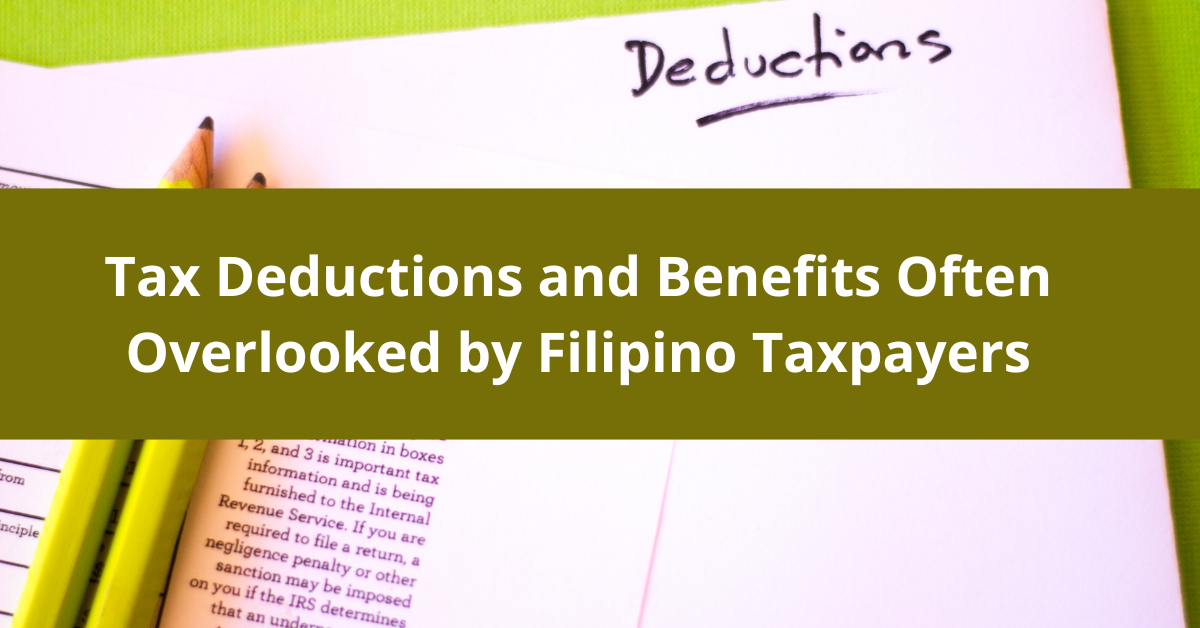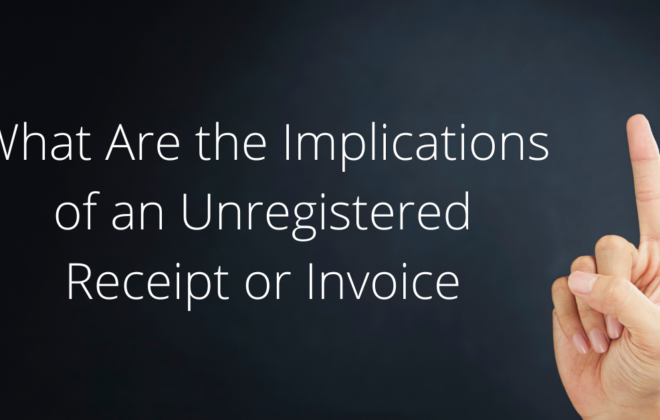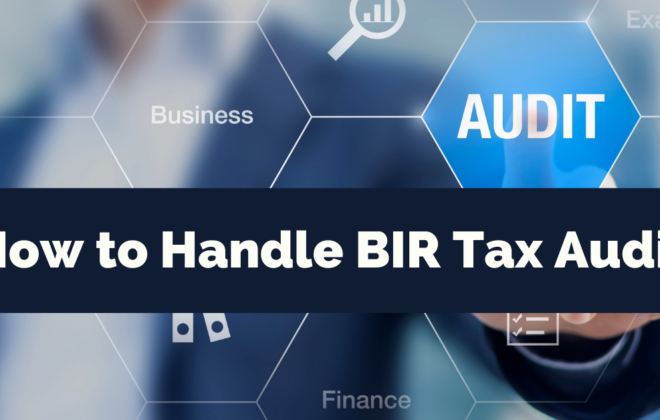Tax Deductions and Benefits Often Overlooked by Filipino Taxpayers
With ever-changing tax laws and requirements, not many Filipino taxpayers are able to handle their tax compliance effectively. Most are aware of their basic tax obligations but many miss out on various deductions and benefits that could significantly reduce their tax liability.
Understanding and taking advantage of these overlooked tax breaks can lead to substantial savings. Here’s a comprehensive guide to some of the most commonly overlooked tax deductions and benefits in the Philippines.
Business deductions
For individuals engaged in business or practicing a profession, including freelancers and online sellers, who choose to be taxed at the regular graduated income tax rates, the following expenses can be deducted from their gross income:
- All ordinary and necessary expenses paid or incurred during the taxable year related to the trade, business, or profession, including costs for raw materials, supplies, and direct labor.
- Wages and other compensation for personal services actually rendered, including the grossed-up monetary value of fringe benefits and travel expenses incurred in pursuit of the trade or profession.
- Business rentals
- Interest paid or incurred within a taxable year in connection with the conduct of the taxpayer’s profession, trade, or business, minus an amount equal to a certain percentage of interest income subject to final tax.
- Entertainment, amusement, and recreation expenses, with ceilings of 0.50% of net sales for taxpayers selling goods or properties or 1% of net revenue for taxpayers providing services, including professionals and property lessors.
- Bad debts.
- Research and development (R&D) expenditures.
Instead of these allowable deductions, taxpayers except non-resident aliens) can choose an optional standard deduction (OSD) of up to 40% of gross business or professional income.
Individuals who choose to itemize deductions must keep additional documents to support the deductions claimed in their tax returns.
The EOPT Act has removed the requirement to withhold tax as a prerequisite to claim a cost as a tax deduction, provided the cost is necessary, ordinary, and properly substantiated. This new rule is effective from January 1, 2024.
Keeping detailed records and categorizing expenses properly is key to maximizing these deductions.
Personal Tax Deductions
With the implementation of the TRAIN Law, personal and additional exemptions have been removed from the calculation of personal income tax, as the tax-exempt threshold has been raised to P250,000.00.
De minimis benefits and other mandatory contributions, such as those made to SSS, GSIS, PhilHealth, etc., may be deducted from personal income.
Estate Tax
Under the TRAIN Law, the standard deduction was increased from P1 million to P5 million, and a flat tax rate of 6% was implemented.
Donations and Charitable Contributions
Donations to accredited charitable organizations can be deducted from your taxable income. This includes cash donations and contributions in kind. Ensure the organizations you donate to are recognized by the Bureau of Internal Revenue (BIR) to qualify for this deduction.
Tips to Maximize Your Tax Deductions
- Maintain Detailed Records: Keep all receipts, invoices, and proof of payments organized throughout the year.
- Stay Informed: Tax laws and benefits can change, so stay updated with the latest information from the BIR.
- Consult a Professional: Consider consulting tax professionals like DJKA Business Services, Inc. to ensure you’re claiming all eligible deductions and benefits.
Understanding Tax Laws
By being aware of and taking advantage of these often-overlooked tax deductions and benefits, Filipino taxpayers can reduce their taxable income and save money.
Proper documentation and a proactive approach to understanding tax laws can make a significant difference during tax season. Don’t leave money on the table—make sure you’re getting all the deductions and benefits you’re entitled to.
Should you need assistance, our team at DJKA Business Services would be happy to assist you. Just email us at info@djkaaccounting.com
Recent Posts
- New Features and Functionalities of the Online Registration and Update System (ORUS)
- A Comprehensive Guide to Taxation for Freelancers in the Philippines
- New Tax Laws in 2024: What Changes Filipino Taxpayers Should Prepare For
- How to Avoid Common Tax Mistakes in 2024
- Tax Deductions and Benefits Often Overlooked by Filipino Taxpayers





